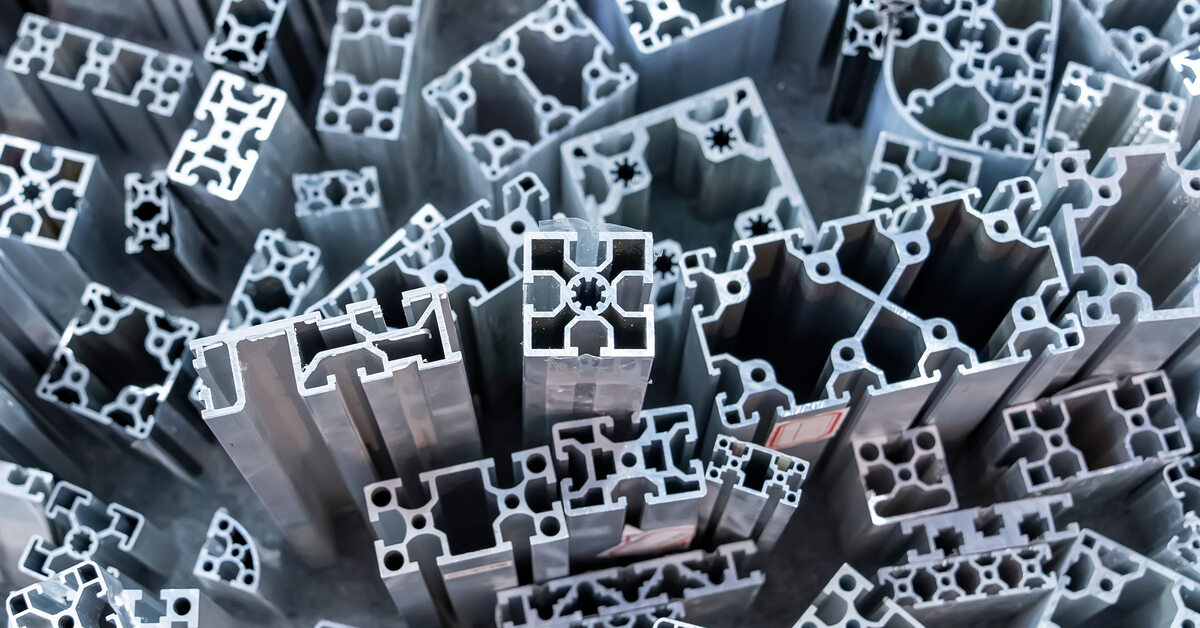
Many manufacturers and metal workers use aluminum components because of their lightweight, durable properties. However, these materials are not immune to corrosion. To protect aluminum goods from corrosion in harsh environmental conditions, follow these preventative measures to extend their longevity.
Anodizing strengthens the natural oxide layer on aluminum, creating a thick, protective barrier to prevent corrosion. This electrochemical process also boosts the aluminum’s resistance to general wear and tear. Apply this decorative finish that will make your product shine while protecting its surface from corrosion.
Coatings such as epoxy and polyurethane provide an extra shield between aluminum and corrosive elements like moisture, salt, and chemicals. This especially works well for products in humid climates.
To protect your aluminum from corrosion, consider a powder coating. It’s another durable option, as the dry powder bonds tightly to the metal when baked.
Sealants and primers containing corrosion inhibitors can protect aluminum by neutralizing the agents that trigger oxidation. These compounds are especially useful for aluminum components exposed to water or high humidity, such as marine equipment and outdoor furniture.
Each aluminum alloy has its own level of resistance against corrosion. Certain types, such as 6061 and 5052, perform better in environments where durability matters. Select alloys designed to optimize strength and resistance to corrosive damage.
Designing your products with corrosion in mind will prevent any wear and tear on your project. Avoid features that allow water or dirt to accumulate on aluminum structures. Also, create components that have adequate drainage to reduce prolonged exposure to moisture.
Galvanic corrosion occurs when aluminum contacts dissimilar metals in the presence of an electrolyte. To prevent this, use insulating materials, like bolts with protective coatings or rubber gaskets, to avoid direct contact between metals.
Routine cleanings remove corrosive agents like dirt, salt, and pollutants. Therefore, when it comes to large systems, schedule maintenance regularly. Washing aluminum with mild detergents and water prevents oxidation from progressing into severe damage.
By understanding the causes of corrosion and employing effective strategies, you can extend the life of aluminum components. When planning your next project, consider the high-quality solutions provided by Bosch aluminum structural framing from A-Line Automation. With a frame built to offer both performance and reliability, your next project will remain efficient and long-lasting for years to come.